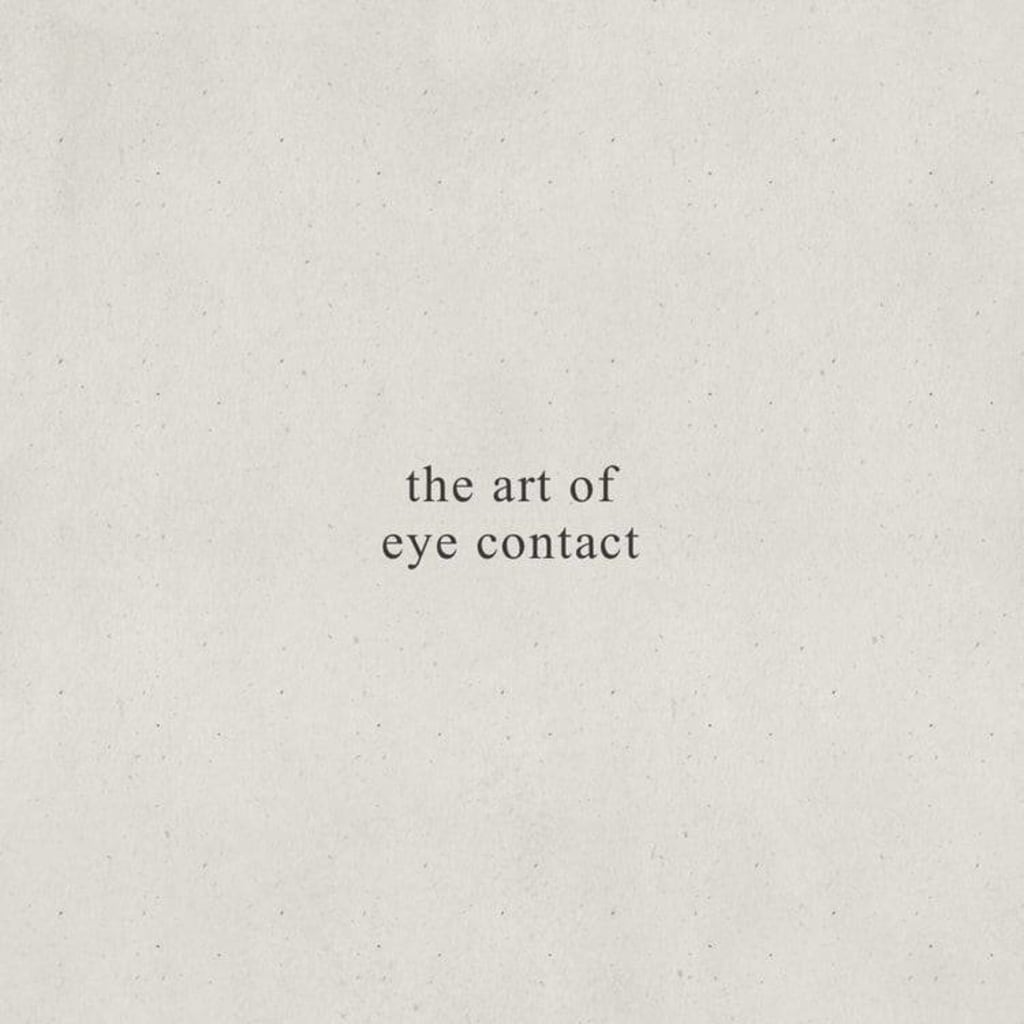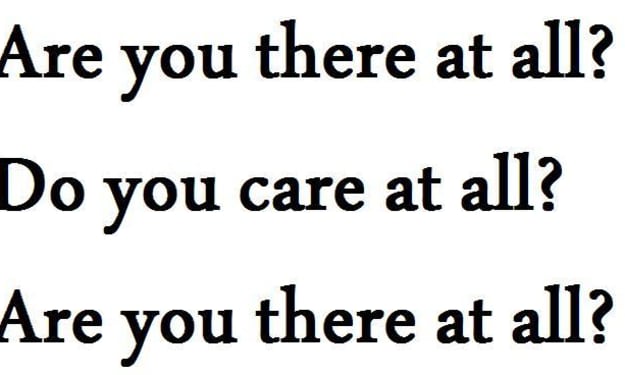
I took an interpersonal communication class in one of my semesters when I attended community college for a bit.
At first, I had felt ecstatic to take the class as I felt that this was completely my "cup-of-tea".
I've always been huge on effective communication, and felt confident in how I had been expressing myself to the world at the time I attended this course.
Ironically, I ended up passing the class with a C, mainly because of missed assignments.
I was pretty disappointed but not so much to the point that it had me wallowing.
I still stood firmly in my self-perception and decided I'd take the knowledge I'd learn from the class and apply it to my everyday life.
And to this day, I still do!
There's this memory I hold in my psyche from my early days attending middle-school, from the years 2010-2012.
I had many new friends during those years and began experimenting, as most young teenagers do, the changes had been drastic compared to the years in my elementary, however.
A vivid memory I have from my 8th grade year was when two of my close friends at the time had stopped me in the hallway during passing time.
They caught me by surprise and called out my name,
"Daniela! Daniela!"
Now right in front of my tracks, they both stared at me for a moment then smiled to each other.
What were these two up to? I had thought.
"She does" my female friend had said, nodding to my male friend in affirmation.
"Do what?" I asked, completely dumbfounded.
"We were testing to see if you look into our eyes when we talk to you, we learned that that's what people do when they are really listening."
All I could do was smile.
However time was ticking until the bell would go off for the next class to start.
In a scurry, the random and light-hearted moment was over.
Needless to say, I was happy my friends stopped me that day in the hall.
What does this story have to do with the art of eye contact?
In the interpersonal communication class that I took a couple years back, we learned about non-verbal communication, and how 60-90% of the messages we send when communicating are received non-verbally.
That means only roughly 7% of our communication, is actually verbal!
At the time, I remember thinking that is huge, and how that must mean we often don't consciously pay mind to how we are perceived non-verbally when having a casual conversation with somebody.
If someone says something we don't like and we try to play the "nice guy" more likely than not, that subconscious thought will still be seen non-verbally.
I think those of us who are apt to picking up social cues have all been in the situation where we found ourselves talking to someone and wonder why they had a certain look on their face about something we said.
What is more peculiar is that once asking someone why they have reacted a certain way, they usually don't notice or deny ever reacting such a way, even though you blatantly seen it with your own eyes!
Our eyes and faces speak volumes, as someone who has lived many years watching others in the backgrounds, I can say from personal experience that this is 100% true.
Some eyes are soft with emotion, others dead with little light.
Some people have shifty eyes, and often untrustworthy.
Others speak with their eyes, and you can feel the warmth of their intentions simply by looking at them.
What can we do to familiarize ourselves with our non-verbals?
What's helped me along the way is doing a lot of work towards understanding my own feelings and emotions.
Often, I find when I am trying to "hide" a feeling from someone, like shame or embarrassment, it usually comes out misconstrued in conversation, or the other person will feel the discomfort coming from that subconscious suppression.
It's easier to say "Geez, I am feeling completely embarrassed right now", and break the tension so no one is left wondering what went wrong and steer-clear from personalizing anything.
People always appreciate transparency and will highly respect you because of your ability to be vulnerable with your feelings.
The best thing to do is to get real with how you feel, and to learn to speak with confidence and assertion.
Learn the mechanisms of assertive communication and how they differ from aggression, passive-aggression or passive communication.
Look people in their eye when they talk to you, it doesn't have to be an uncomfortable amount of eye-contact either, as long as it's there a majority of the time that you are speaking to others, guaranteed, it will be noticed and they will be left feeling acknowledged by you, as if you were really listening.
"The most important thing in communication is hearing what isn't said."
-Peter F. Drucker
About the Creator
Yela
I write as I’m meant to, just as I breathe as I’m meant to.






Comments
There are no comments for this story
Be the first to respond and start the conversation.